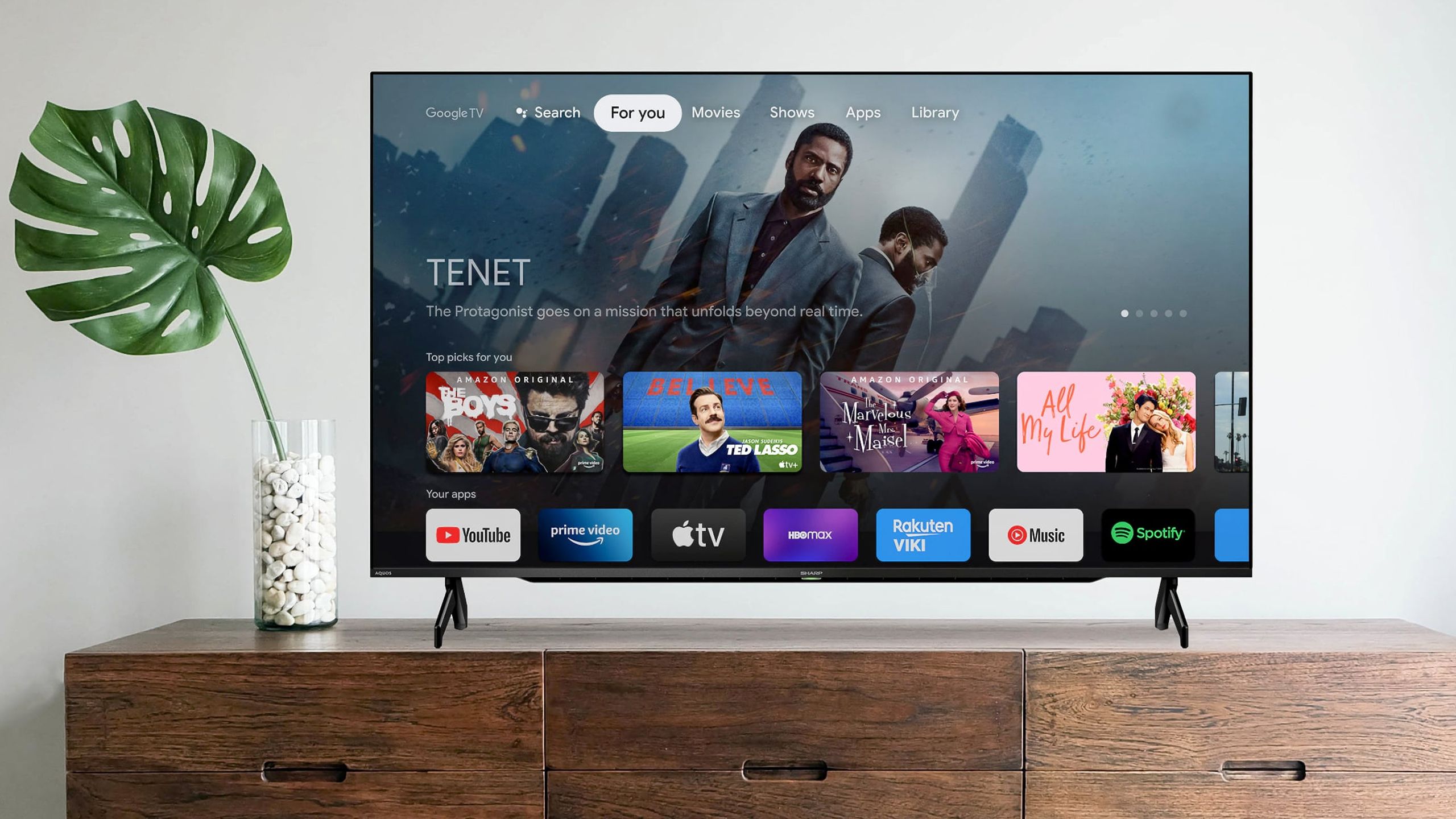Year Ender 2022: How meta, metaverse failed in 2022
It has been a year since Facebook became Meta and its goal went from ‘connecting people worldwide’ to ‘building the metaverse’. A lot has changed in the past one year. What started with Mark Zuckerberg rebranding Facebook as Meta last year has ended with the company losing money, users and employees this year. While the situation does seem a little less rosy, unlike what the forecast had been for the year 2022, on taking a deep dive, one can easily understand that matters are far worse.
Here’s a quick breakdown of numbers for you:
– Meta’s market capitalization stood at around $1 trillion ($922 billion to be precise) in the year 2021. In 2022, this figure took a 65 percent dive leaving the company with a market cap of just $319.67 billion.
– Meta, which was in the list of world’s 10 most valuable companies, plummeted to 34th position this year.
– With Meta falling from grace, its founder and CEO’s fortunes too have shrunk. On December 29, 2021, Mark Zuckerberg stood at the sixth spot in the list of world’s richest people with a fortune of $128 billion. As of December 30, 2022, Zuckerberg is the world’s 25th richest man with a net worth of $45.6 billion.
– In February 2022, Meta saw a decline of $230 billion in its stock value after the company announced its first sequential decline in user count.
– Meta’s Reality Labs division, the one that is responsible for futuristic projects such as building the metaverse, has been losing money, constantly. Last year, the division lost $10 billion. This year in October, Meta revealed that Reality Labs lost $3.7 billion in the third-quarter of 2022, which is a jump from a loss of $2.6 billion that the company reported in October 2021. The division lost a little over $9 billion until October 2022. These losses are expected to widen in 2023.
– During October, Meta confirmed that its virtual reality (VR) platform called Horizon Worlds, as of October 2022, had less than 2,00,000 monthly active users. The company had initially set a goal of reaching 5,00,000 monthly active users for Horizon Worlds by the end of this year. At the same time, Meta revised its goal to reach around 2,80,000 monthly active users by 2022 end.
– In November 2022, Meta sacked around 11,000 employees, roughly 13 percent of its total workforce.
Why are Meta and metaverse flunking?
The year 2022 has been tough on Meta. If anything, shrinking subscriber count and declining revenues are a testament to this fact. At this point, one cannot help but contemplate Meta’s monumental fall from grace. As it turns out, there are several reasons why this might be happening…
Mark Zuckerberg’s vision isn’t clear
Ever since Zuckerberg launched Meta to build the metaverse, he has described it as a “successor to the mobile internet” or “an embodied internet where you’re in the experience, not just looking at it” or a space that will use technologies like augment reality (AR) and virtual reality (VR) – to what end? He hasn’t explained.
“…you will be able to teleport instantly as a hologram to be at the office without a commute, at a concert with friends, or in your parents’ living room to catch up,” he had written in the founder’s letter last year, while adding, “You’ll move across these experiences on different devices — augmented reality glasses to stay present in the physical world, virtual reality to be fully immersed, and phones and computers to jump in from existing platforms.”
While all of that does explain, to a large extent, what all a user will be able to do in the metaverse, it doesn’t explain why a person might want to jump the ship and switch to metaverse in the first place.
Meta hasn’t been able to convince users…anyone so far
So far, Zuckerberg and Meta haven’t demonstrated a real-world use case for metaverse. The kind that will draw masses to the platform as it happened in the case of smartphones over a decade ago or even foldable display devices (smartphones, tabs and laptops).
Instead, what the Facebook founder has demonstrated so far is sloppy avatars that don’t even come close to what Facebook offers. This became more evident when Zuckerberg posted a screenshot of his avatar in front of the Eiffel Tower while launching Horizon World in France and Spain. The screenshot was hilariously mocked on the internet.
Sure, there is some scope for metaverse in the gaming world but that need is already being fulfilled by VR headsets available in the market right now. Beyond this, both Meta and Zuckerberg have failed to explain why an average office-goer, even the ones from the tech-industry, would put on a miniaturised TV on their heads and talk to their colleagues in the virtual world when they can do so far more easily in the real world.
Interestingly, average users, people like you and me, are not only the ones that need convincing. Meta’s own employees too need to be strongly convinced to switch to the metaverse. As per reports dating back to October, Meta’s VP of Metaverse, Vishal Shah, reportedly admitted that Horizon Worlds is inundated with several quality issues and even those building the VR social network at the company were barely using it. “Simply put, for an experience to become delightful and retentive, it must first be usable and well crafted,” he told the employees in an internal memo seen by The Verge.
Apple and its policy change
In all fairness, Meta is not the only one to be blamed for losses. Another factor that is responsible for Meta losing its fortunes is Apple and its anti-tracking changes in iOS that have hurt the company’s advertising business. As per reports, the company was expected to lose around $10 billion owing to changes in iOS’s policies – something Zuckerberg has been targeting Apple for since last year.
Despite all of this, Zuckerberg has asked anxious investors, one of whom even wrote an open letter to Zuckerberg earlier this year wherein he called Meta’s metaverse investments “super-sized and terrifying, even by Silicon Valley standards”, to remain patient.
“…the metaverse work is a longer term set of efforts that we’re working on, but I think that it’s going to end up working,” the Facebook founder had said in the company’s most recent earnings call. At this point it remains to be seen whether Meta’s big bet on the metaverse will turn out to be a stroke of genius or if it will sink the struggling ship?
The post Year Ender 2022: How meta, metaverse failed in 2022 appeared first on BGR India.

It has been a year since Facebook became Meta and its goal went from ‘connecting people worldwide’ to ‘building the metaverse’. A lot has changed in the past one year. What started with Mark Zuckerberg rebranding Facebook as Meta last year has ended with the company losing money, users and employees this year. While the situation does seem a little less rosy, unlike what the forecast had been for the year 2022, on taking a deep dive, one can easily understand that matters are far worse.
Here’s a quick breakdown of numbers for you:
– Meta’s market capitalization stood at around $1 trillion ($922 billion to be precise) in the year 2021. In 2022, this figure took a 65 percent dive leaving the company with a market cap of just $319.67 billion.
– Meta, which was in the list of world’s 10 most valuable companies, plummeted to 34th position this year.
– With Meta falling from grace, its founder and CEO’s fortunes too have shrunk. On December 29, 2021, Mark Zuckerberg stood at the sixth spot in the list of world’s richest people with a fortune of $128 billion. As of December 30, 2022, Zuckerberg is the world’s 25th richest man with a net worth of $45.6 billion.
– In February 2022, Meta saw a decline of $230 billion in its stock value after the company announced its first sequential decline in user count.
– Meta’s Reality Labs division, the one that is responsible for futuristic projects such as building the metaverse, has been losing money, constantly. Last year, the division lost $10 billion. This year in October, Meta revealed that Reality Labs lost $3.7 billion in the third-quarter of 2022, which is a jump from a loss of $2.6 billion that the company reported in October 2021. The division lost a little over $9 billion until October 2022. These losses are expected to widen in 2023.
– During October, Meta confirmed that its virtual reality (VR) platform called Horizon Worlds, as of October 2022, had less than 2,00,000 monthly active users. The company had initially set a goal of reaching 5,00,000 monthly active users for Horizon Worlds by the end of this year. At the same time, Meta revised its goal to reach around 2,80,000 monthly active users by 2022 end.
– In November 2022, Meta sacked around 11,000 employees, roughly 13 percent of its total workforce.
Why are Meta and metaverse flunking?
The year 2022 has been tough on Meta. If anything, shrinking subscriber count and declining revenues are a testament to this fact. At this point, one cannot help but contemplate Meta’s monumental fall from grace. As it turns out, there are several reasons why this might be happening…
Mark Zuckerberg’s vision isn’t clear
Ever since Zuckerberg launched Meta to build the metaverse, he has described it as a “successor to the mobile internet” or “an embodied internet where you’re in the experience, not just looking at it” or a space that will use technologies like augment reality (AR) and virtual reality (VR) – to what end? He hasn’t explained.
“…you will be able to teleport instantly as a hologram to be at the office without a commute, at a concert with friends, or in your parents’ living room to catch up,” he had written in the founder’s letter last year, while adding, “You’ll move across these experiences on different devices — augmented reality glasses to stay present in the physical world, virtual reality to be fully immersed, and phones and computers to jump in from existing platforms.”
While all of that does explain, to a large extent, what all a user will be able to do in the metaverse, it doesn’t explain why a person might want to jump the ship and switch to metaverse in the first place.
Meta hasn’t been able to convince users…anyone so far
So far, Zuckerberg and Meta haven’t demonstrated a real-world use case for metaverse. The kind that will draw masses to the platform as it happened in the case of smartphones over a decade ago or even foldable display devices (smartphones, tabs and laptops).
Instead, what the Facebook founder has demonstrated so far is sloppy avatars that don’t even come close to what Facebook offers. This became more evident when Zuckerberg posted a screenshot of his avatar in front of the Eiffel Tower while launching Horizon World in France and Spain. The screenshot was hilariously mocked on the internet.
Sure, there is some scope for metaverse in the gaming world but that need is already being fulfilled by VR headsets available in the market right now. Beyond this, both Meta and Zuckerberg have failed to explain why an average office-goer, even the ones from the tech-industry, would put on a miniaturised TV on their heads and talk to their colleagues in the virtual world when they can do so far more easily in the real world.
Interestingly, average users, people like you and me, are not only the ones that need convincing. Meta’s own employees too need to be strongly convinced to switch to the metaverse. As per reports dating back to October, Meta’s VP of Metaverse, Vishal Shah, reportedly admitted that Horizon Worlds is inundated with several quality issues and even those building the VR social network at the company were barely using it. “Simply put, for an experience to become delightful and retentive, it must first be usable and well crafted,” he told the employees in an internal memo seen by The Verge.
Apple and its policy change
In all fairness, Meta is not the only one to be blamed for losses. Another factor that is responsible for Meta losing its fortunes is Apple and its anti-tracking changes in iOS that have hurt the company’s advertising business. As per reports, the company was expected to lose around $10 billion owing to changes in iOS’s policies – something Zuckerberg has been targeting Apple for since last year.
Despite all of this, Zuckerberg has asked anxious investors, one of whom even wrote an open letter to Zuckerberg earlier this year wherein he called Meta’s metaverse investments “super-sized and terrifying, even by Silicon Valley standards”, to remain patient.
“…the metaverse work is a longer term set of efforts that we’re working on, but I think that it’s going to end up working,” the Facebook founder had said in the company’s most recent earnings call. At this point it remains to be seen whether Meta’s big bet on the metaverse will turn out to be a stroke of genius or if it will sink the struggling ship?
The post Year Ender 2022: How meta, metaverse failed in 2022 appeared first on BGR India.





